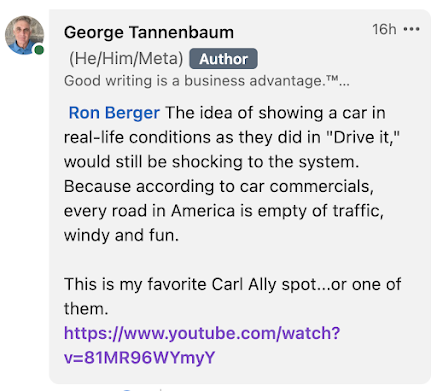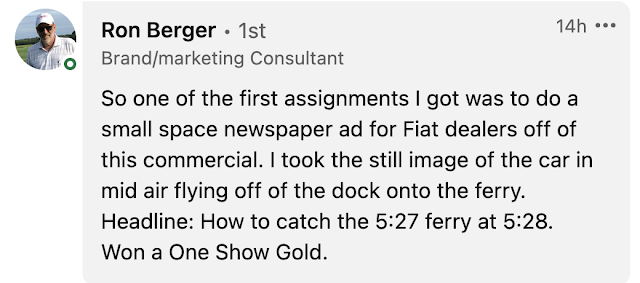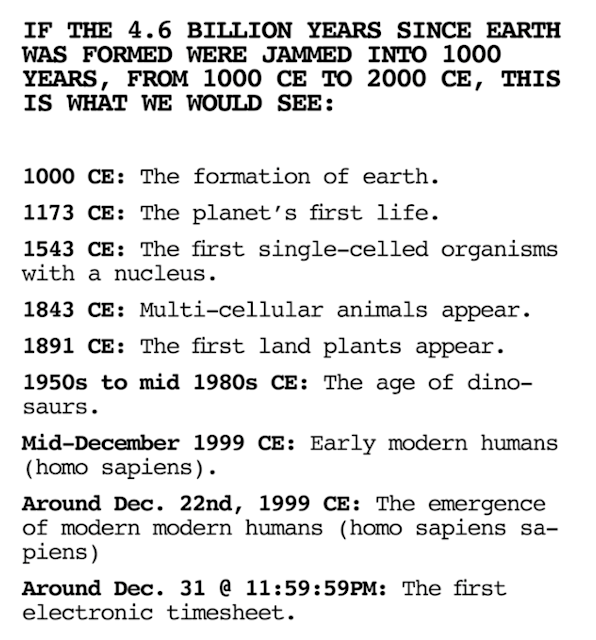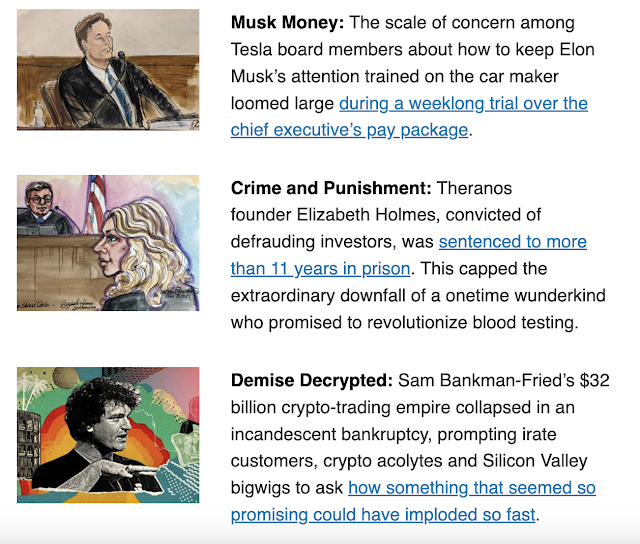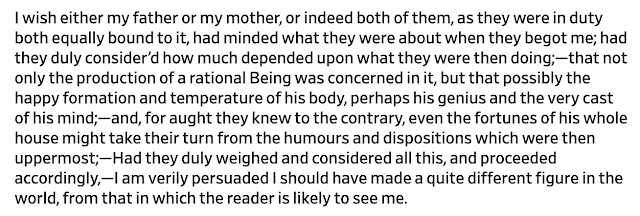For about 30-years now, I've been saying--without real foundation--that the advertising industry is a low-wage industry. That could be because I sent my children to one of New York City's elite private schools and one-third of the parents worked in finance, one-third for one of the big law firms and one-third made so much money, you had no idea what they did. I think one or two other parents worked in advertising. When there were giant fundraisers, we sat in the back and tried to be invisible.
So on the basis of the people I was hanging out with, this guy at Lazard-Freres, this woman at Goldman, this guy at Paul Weiss and this woman who was head of oncology at Memorial Sloan Kettering, I judged that there was no one in the advertising industry, not even the holding company potentates or LPAs (lead Ponzi activators) that came close in income to the people at the head of my un-peered peer group.
However, I had no proof.
I knew, or suspected, that in real dollars salaries in the 21st century were lower than those of the 1970s. And certainly advertising people in the 2020s were not able to live as well as those in the high-flying mad-men era.
I remember finding out that a friend of mine in 1994, a Group Creative Director was making $192,000. My partner who was an Executive Creative Director was given the lease on a Saab (the agency had the account) and even at my first time at Ogilvy, from 1999-2004, I was given a premium executive healthcare, an $8000 car allowance and $3000 parking allowance. That sort of sweetening did not exist (at least for me, the mere Copy Chief and ECD of the New York agency.)
As old married people do, my wife and I seem to read good portions of The New York Times and The Wall Street Journal aloud to each other. I think this is an affectation of aging. Or at least of our times.
So much in the paper and the world is so outrageous you almost have to say it out-loud to let go of the outrage toxins. Half the shit you see you shouldn't keep inside you. It's like suppressing a sneeze. I don't think it's good for your innards.
I read not long ago, and thanks to my eidetic memory I've stored it, that the median salary of the Interpublic Group was $59,800. It was even lower over at Omnicom; $50,600. That means in the case of IPG, 50-percent of its employees make more than $59,600 and 50-percent make less.
Ouch. (An average rent for a one-bedroom apartment in New York is $5,000. Life is even more costly across the river in Jersey City, where the average rent is $5,500. In other words at a median salary, you can't come close to affording the rent on an average apartment.)
Now, here's where my wife chirped, from the "Heard on the Street" column of "The Wall Street Journal."
The median worker at Meta earned $292,785 last year. Here's some more wage data from the frighteningly reactionary WSJ.
My point is simple.
And to my eyes pretty scary.
Advertising used to pay well. Money, plus creativity, plus a soupcon of glamor allowed the industry to compete--at least somewhat--for some of the best and the brightest.
Now the money is better elsewhere. The glamor is gone. And rarely do I see something I consider creatively interesting.
Fairfax Cone, the C of the IPG agency FCB, once said, "The inventory goes down the elevator every night." There's an inference in that that you should take care of your inventory. At least if you want to compete for the best talent.
And if agencies/holding companies can't compete for the best talent, how do they compete at all?
Cone's quotation might be re-written in fact for today. "Without offering competitive wages and rewards, how do I get the inventory to come up the elevator every morning?"
That seems to be yet another issue in the advertising industry that no one is talking about.
Maybe Cannes should give a Zirconian Lion for the most underpaid creative team working on a spot that no one paid for, so millionaire holding company chieftains can enjoy rosé on 160-foot yachts in the south of France.
Then people might pay attention.



